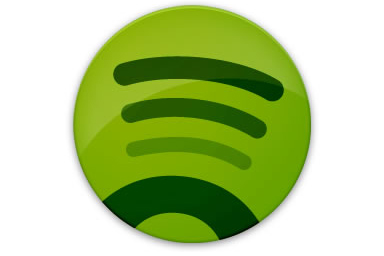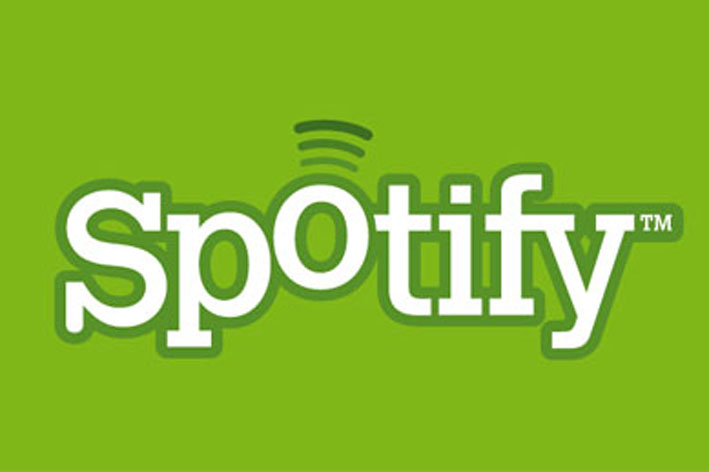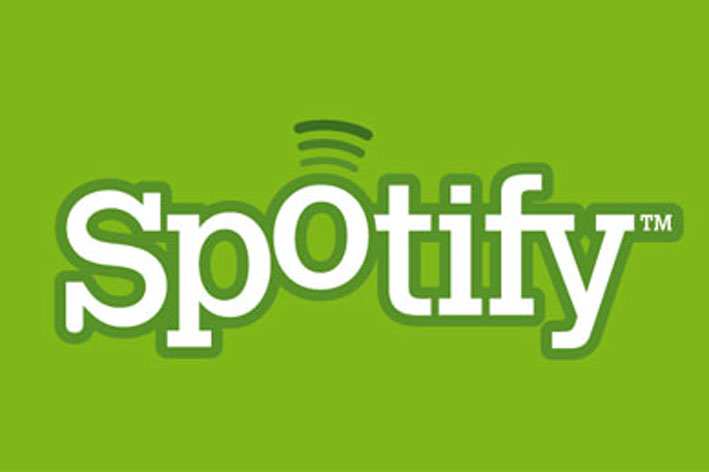Spotify targeted by malicious ads
The free version of Spotify is targeted by malicious ads, as hackers look to place malware on users' systems.


Malicous adverts have appeared on the free version of Spotify, as hackers attempted to attack Windows users with the Blackhole exploit kit.
Users did not even have to click through on the ads to be affected, according to Websense, which said the first report it received of a malicious advert appearing on Spotify was from 24 March.
Once users' systems had connected to an outside IP address, the exploit kit would attempt to exploit a range of vulnerabilities, including a flaw affecting Adobe Reader and Acrobat.
The end objective from the hackers point of view was to get the Windows Recovery fake AV application on to user systems.
Once the malware was successfully installed, additional software could be installed to further compromise victims' systems.
A fifth of users who had seen the so-called "malverts" were from the UK, with 59 per cent based in Sweden, according to Avast.
No data on how many users had malware downloaded onto their computers was was available at the time of publication, although a number raised concerns with Spotify over Twitter.
Get the ITPro daily newsletter
Sign up today and you will receive a free copy of our Future Focus 2025 report - the leading guidance on AI, cybersecurity and other IT challenges as per 700+ senior executives
Spotify relies on advertising revenue to keep its free service running, so the attacks represent a serious issue for the music streaming service.
Websense said malvertising was not a new concept, but this case was different.
"In the past the malicious ads have been displayed as part of a website and viewed with the browser. In this case the malicious ad is actually displayed inside of the Spotify application," the security firm said in a blog.
"If you had Spotify open but running in the background, listening to your favorite tunes, you could still get infected."
At the time of publication, Spotify had not responded to a request for a statement on the malicious ads, but has indicated its course of action over Twitter.
"We've turned off all 3rd party display ads that could have caused it until we find the exact one," one company post read.
Another said: "We're still investigating but we take this very seriously and will take every step possible to ensure it doesn't occur again."
Tom Brewster is currently an associate editor at Forbes and an award-winning journalist who covers cyber security, surveillance, and privacy. Starting his career at ITPro as a staff writer and working up to a senior staff writer role, Tom has been covering the tech industry for more than ten years and is considered one of the leading journalists in his specialism.
He is a proud alum of the University of Sheffield where he secured an undergraduate degree in English Literature before undertaking a certification from General Assembly in web development.
-
 Asus ZenScreen Fold OLED MQ17QH review
Asus ZenScreen Fold OLED MQ17QH reviewReviews A stunning foldable 17.3in OLED display – but it's too expensive to be anything more than a thrilling tech demo
By Sasha Muller
-
 How the UK MoJ achieved secure networks for prisons and offices with Palo Alto Networks
How the UK MoJ achieved secure networks for prisons and offices with Palo Alto NetworksCase study Adopting zero trust is a necessity when your own users are trying to launch cyber attacks
By Rory Bathgate
-
 350,000 Spotify users hacked in credential stuffing attack
350,000 Spotify users hacked in credential stuffing attackNews Hackers left the stolen data unsecured and unencrypted, so anyone with internet access could access it
By Rene Millman
-
 Spotify updates privacy policy following outcry
Spotify updates privacy policy following outcryNews The company’s CEO has followed through on his promise to clarify certain points
By Clare Hopping
-
 Spotify reveals hack on Android devices
Spotify reveals hack on Android devicesNews The music service has warned of unauthorised access of its systems and data
By Clare Hopping
-
 Today in tech: Up in the cloud, search for security recruits
Today in tech: Up in the cloud, search for security recruitsNews Pressed for time but need to keep on top of tech news? Look no further than this daily roundup.
By Maggie Holland
-
 Security woes hit Spotify music service
Security woes hit Spotify music serviceNews Music service Spotify is the latest web darling to be hit by a security attack.
By Nicole Kobie